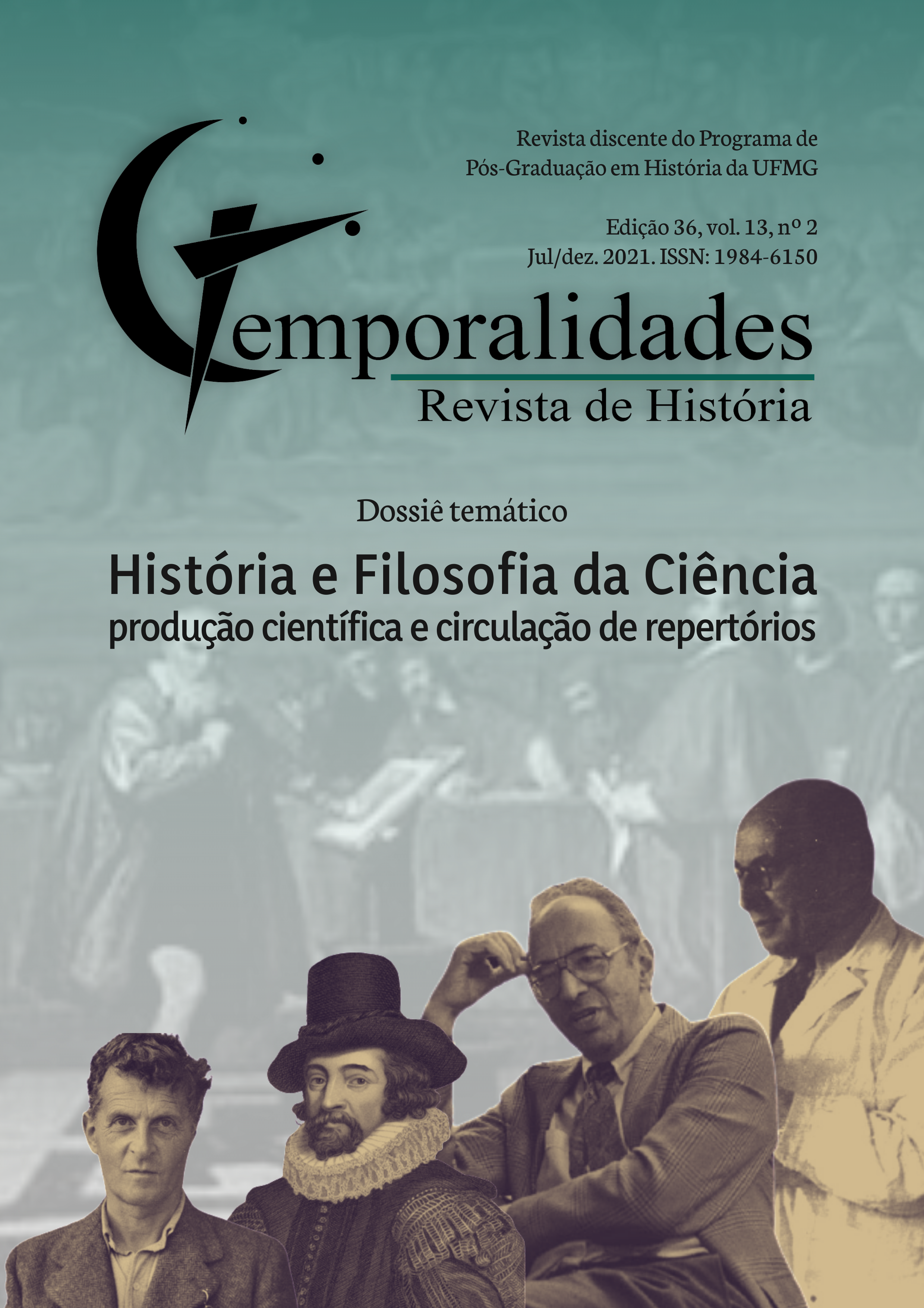Rudolf Steiner’s considerations on historical knowledge
scientific responsibility and poetic narrative.
Abstract
Inspired by the epistemological pluralism of Paul Feyerabend, this text deals with the considerations of Rudolf Steiner on History and how they are imbued with a perspective of scientific responsibility and a poetic language. We analyzed, at first, his study of history when he was inserted in the academic environment, in which he began his approach to the scientific works of Johann W. von Goethe and, as a result, his first methodological considera íons about history. Later, in the development of his own understanding of history, Steiner would have intensified these considerations in 1917, after the elaboration of a theory of knowledge and his own Antroposophy. Confronting the historical knowledge that incorporates in his narrative the impulses arising from empiricism and rationalism without taking into account the historical complexity, Steiner returned to the human being to think about the care and possibilities of the way of thinking of(s) historians(as).
Downloads
Downloads
Published
Issue
Section
License
Copyright (c) 2022 GARCIA, Henrique Costa, BACH JUNIOR, Jonas

This work is licensed under a Creative Commons Attribution 4.0 International License.
O(A) autor(a), para fins de submissão à revista Temporalidades, deve declarar que o trabalho aqui submetido é de autoria do mesmo e nunca foi publicado em qualquer meio, seja ele impresso ou digital.
O(A) autor(a) também declara estar ciente das seguintes questões:
Os direitos autorais para artigos publicados na Temporalidades são do autor, com direitos de primeira publicação para o periódico;
Em virtude de aparecerem nesta revista de acesso público, os artigos são de uso gratuito;
A revista permitirá o uso dos trabalhos publicados para fins não-comerciais, incluindo direito de enviar o trabalho para bases de dados de acesso público.
A Temporalidades adota a licença internacional Creative Commons 4.0 (CC BY).











